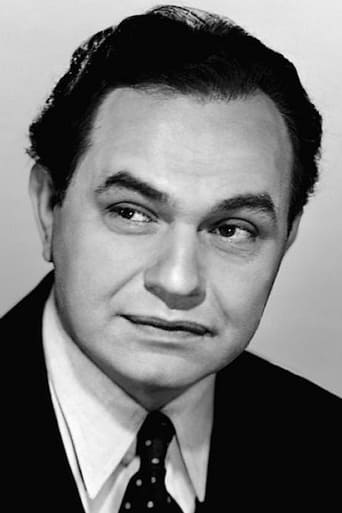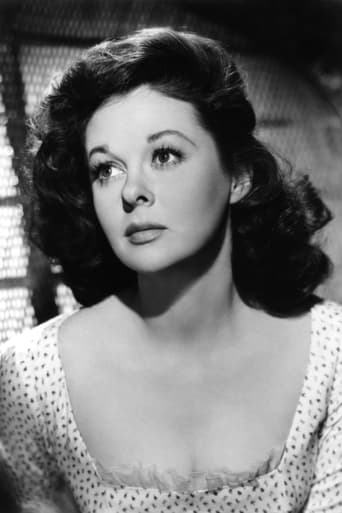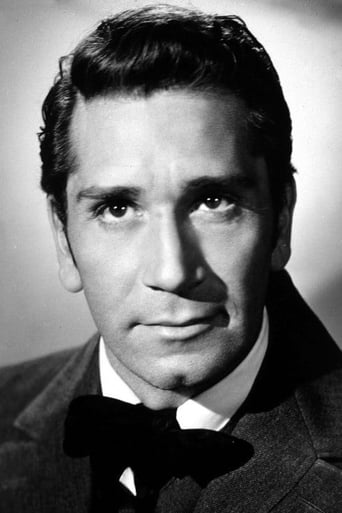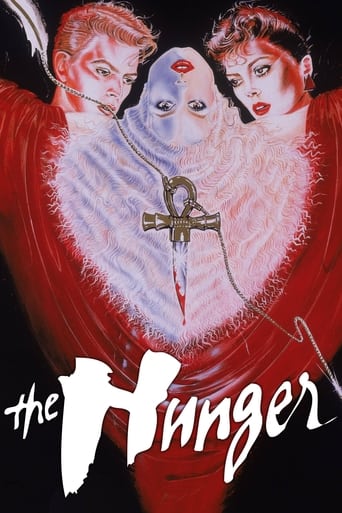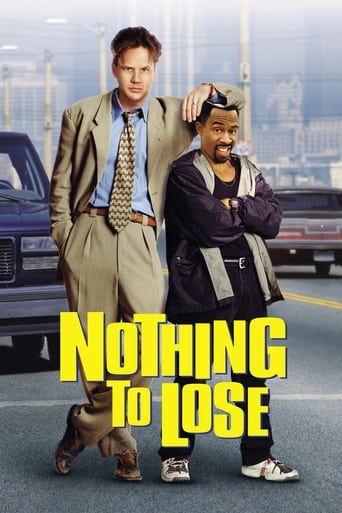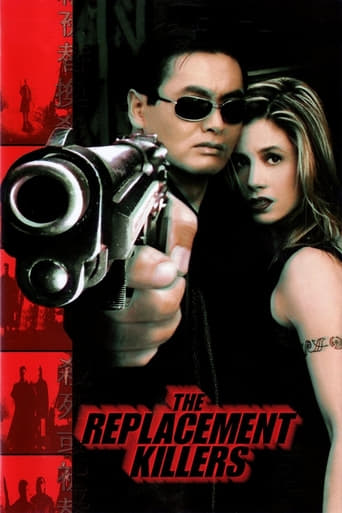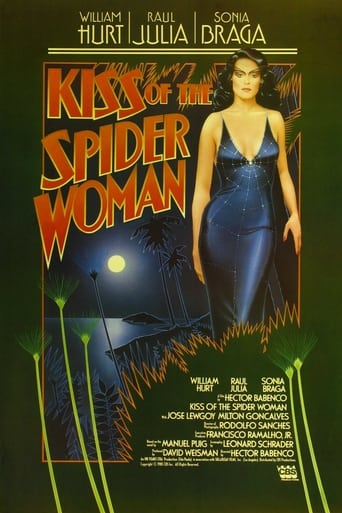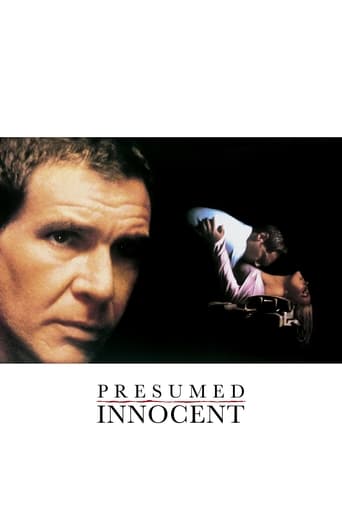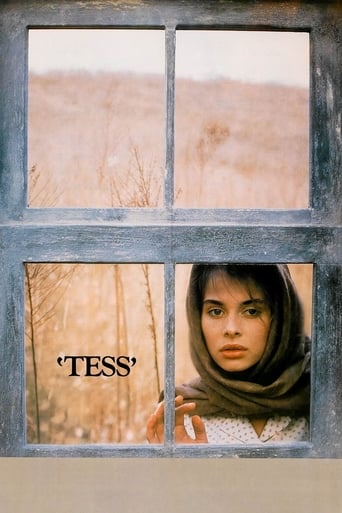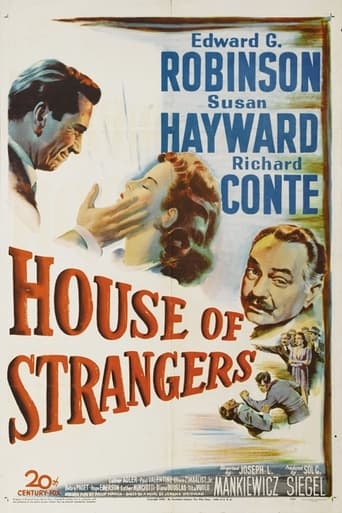
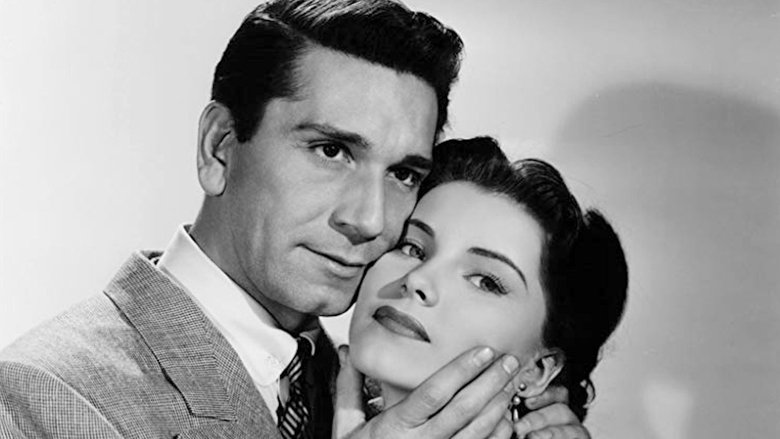
House of Strangers (1949)
Gino Monetti is a ruthless Italian-American banker who is engaged in a number of criminal activities. Three of his four grown sons refuse to help their father stay out of prison after he's arrested for his questionable business practices. Three of the sons take over the business but kick their father out. Max, a lawyer, is the only son that stays loyal to his father.
Watch Trailer
Cast


Similar titles
Reviews
In truth, there is barely enough story here to make a film.
Unshakable, witty and deeply felt, the film will be paying emotional dividends for a long, long time.
It's a good bad... and worth a popcorn matinée. While it's easy to lament what could have been...
This is a gorgeous movie made by a gorgeous spirit.
Despite its other defects, at least the costumes in "Hearts in Bondage" were much as we might expect people to wear in the period. The same cannot be said for the clothes worn by Susan Hayward, Debra Paget, Richard Conte and company in "House of Strangers" (1949). It comes as quite a shock halfway through the film to realize a gin mill is actually a speakeasy and that the film is actually set in 1932. You'd never know it from the 1949 wardrobes that are on display throughout the movie's entire running time from 1932 to 1939! Aside from this numbing anachronism, this is a solidly atmospheric noir with Richard Conte in one of his most dramatic and well-rounded roles, and receiving great support from gowned-to-the-hilt Susan Hayward, vitriolic Edward G. Robinson, sleazy Luther Adler and dumb-head, Paul Valentine. Stylishly directed by Joseph L. Mankiewicz (who has also supplied some neat ripostes and additional dialogue), this film has worn well. In fact it seemed more engrossing on Fox's 10/10 DVD than my recollection of its quality when I saw it on original release.
Edward G. Robinson won the Best Actor award at Cannes for his role in this motion picture from 20th Century Fox. He is cast as the patriarch of a dysfunctional Italian-American family and steals one scene after another. Also in the cast: Richard Conte and Efrem Zimbalist, who play his sons. As the story unfolds, we learn that the boys have been used time and again to carry out nefarious crimes that suit dear old dad's own purposes. It's a complex and multi-layered melodrama, where violence seems to be the only way out. But Conte's character finds an alternative solution, when he strikes up a relationship with a woman played by Susan Hayward. Miss Hayward gives a fascinating performance as the love interest whose own happiness is soon jeopardized by her involvement with this man from a ruthless clan.Hayward and Conte would re-team on screen a few years later in the biopic I'll Cry Tomorrow.
Superb movie, superbly done; and one quite underrated at that. The Greek tragedy of a father setting three of his sons against himself while grooming the fourth and youngest as his successor. Now, allow me to say that many reviewers have gotten HOS wrong. This is not a tale of greedy sons robbing their father of his wealth but a gripping drama about child abuse and humiliation. So, let's set the record straight on that. That also concerns the bank.The problem is, people tend to feel so comfortable with some ideas that many times they subconsciously juggle facts to fit them, oblivious many times to clear evidence pointing in some other direction. Ex.: most of us see a bank as a source of wealth and power. That's the way we see them and so it got to be for Joe, Tony & Pietro. Wrong. For these men the bank is simply the bat with which their father hits them for not being like his favorite, Max. When we see them as such, as kids who have been tormented all their lives by a monster of a father, the picture changes and the trio appears instead as victims. Victims who, by a providential strike of luck, are finally given the chance to snatch the instrument of torture from their tormentor's hands and use it to regain the dignity and self-esteem he has taken from them. So there's nothing nefarious about what they did. They deserved what they got and also he. What best proves the point is that there's absolutely no hint that they did it for greed. If you remember the first part, you may recall that their main complaint against Gino was not about money, but about never getting any respect from him. Furthermore, if you take note of the abuse he's constantly pouring on them now, when they are adults, imagine how bad it must have been when they were kids. But Gino's cruelty goes even further as, at the smallest show of discontent he challenges the rebel to go look for a job elsewhere. That's even sadism, as he has deprived them since childhood of the indispensable tools for success and self-reliance in life: dignity & self-esteem. That's why I reject the analogy with Don Corleone, who I don't recall humiliating his kids that way. Gino is far worse than him. An egomaniac to whom the entire world must adapt, obey: relatives, random acquaintances—to whom he may hit in a whim--the judiciary, the government. There's no limit to his ego and those closest to him are the ones suffering the most. All them are his victims, specially his long suffering wife, who evades the unpleasant reality searching for the cause for the general unhappiness in cultural alienation—but who finally does the right thing, giving her sons their due. And where all this leaves Max, Irene?.Max is the one holding the plot together and it's through his memory that the story unfolds. With Max comes Irene. Now, this is an incredibly well constructed psychological drama, which is hinted by what critics say about its ambiguity and shades of gray--things are not as they appear at first--and that's because this is not a story told by a neutral, uninvolved, storyteller but Max's reminiscences of the past, so it is a subjective view of things. What we see here is Max's journey into his own memory and that's what brings all the confusion and why Gino appears at first as an unmethodical, yet sympathetic, banker only to gradually go showing his true colors as Max goes on peeling him layer by layer. The same with Irene, who's introduced as an aggressive, sharp tongued vamp, only to come out at the end as a woman in love; a force for good fighting for his soul against the evil in Gino. But the crucial discovery in Max's journey concerns himself. For the first time he sees who he really was, the man that Gino had made to his own image, his creature, who's shown to him now even in his choice of words--"I'm Max Monetti and nobody talks to me like that". And for the first time he realizes how right were all those trying to rescue him from his father's poisonous influence: Irene, his mother, his brothers. And he realizes too that Gino had no intention of ever giving any power to his brothers in the bank, as he was grooming him to continue with his legacy of hatred and contempt. That's why Max comes converted out of his reminiscence and why he has decided to go away. There's is where Irene plays her crucial role. She not only means redemption to him, but also hope, a new future, the breaking of old chains. Without her he got nothing but loneliness in which case he probably wouldn't have even bothered stopping Pietro from killing Joe, letting the family destroy itself. Maria would have never done that for him; she would have just left him be what Gino wanted, his own clone.Great movie, almost perfectly done. Superb acting by all, Paget with too little to chew. Just one flaw: Max's conversion appears too abrupt. His final words to Gino too casual, almost jovial. It should have all taken more time, more pauses, more thoughtful gesturing. And I don't get why they call this one noir when, apart from the cinematography, there's very little noir here--maybe Max, always with that dark cloud hanging over his head. Also I don't think it has anything to do with any immigrant experience. The Monettis could be any family, in any place on Earth. In all, 8.5/10.
Be prepared to become a fan of Edward G. Robinson as you watch him just glide with ease playing the part of a self-made man who lives up to the old cliché...if you want to see or know who a person really is, give him either power or money. In this case, he has both and depending where you are in his life and what he thinks of you personally. Take notice that when they eat spaghetti in this movie, you will want your own plate. Another eating scene that will have your mouth watering is a nice plate of franks & beans with sauerkraut washed down by draft beer as two men are talking. On the acting, you got some focused and committed players that all help to make this movie stand up and walk around. I like the fact that it is hard to choose a side with the characters as each one has a good point as to what is going on with them in the movie...One thing we are not deprived of is the entire story and then we are left to choose the ending using what we saw as a guide. Everyone has a good point of view to share. There is a little of the American dream in this movie proving that rags to riches and hard work...works in America just fine. Highly recommend something to eat during the movie, snacks and a tasty drink


